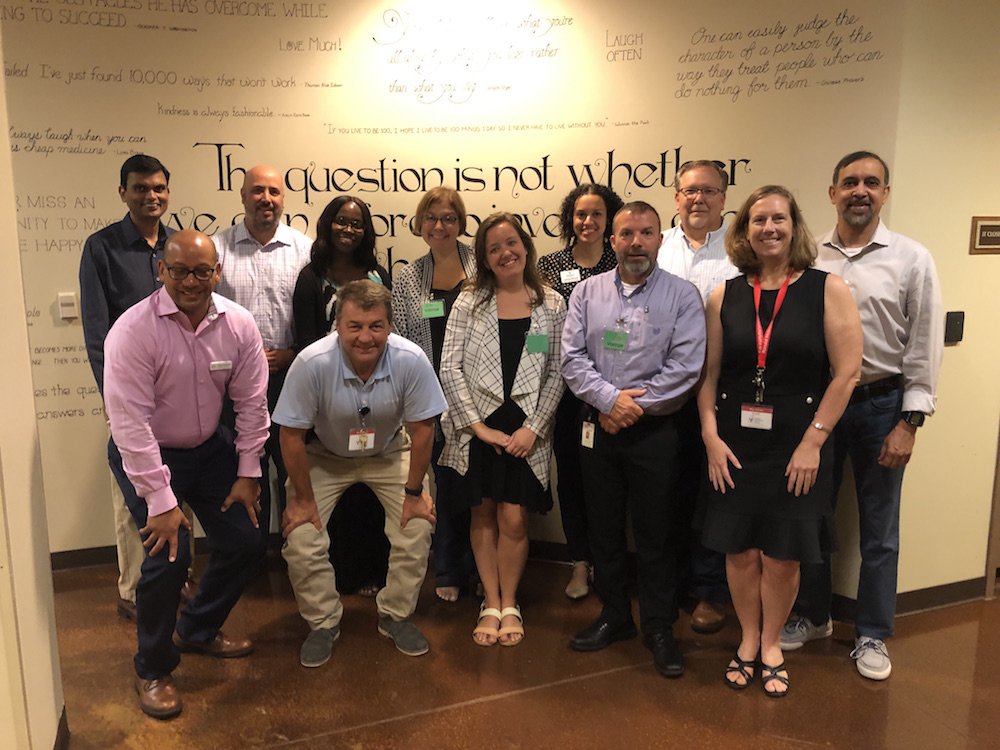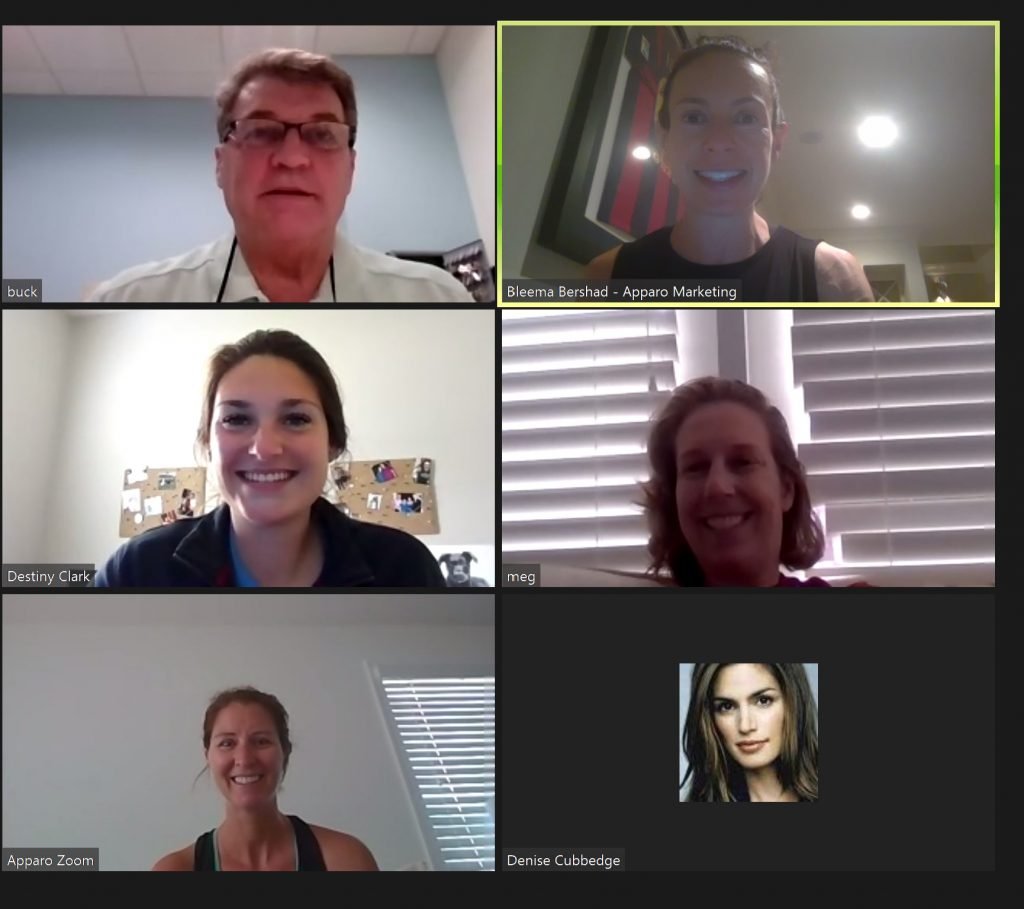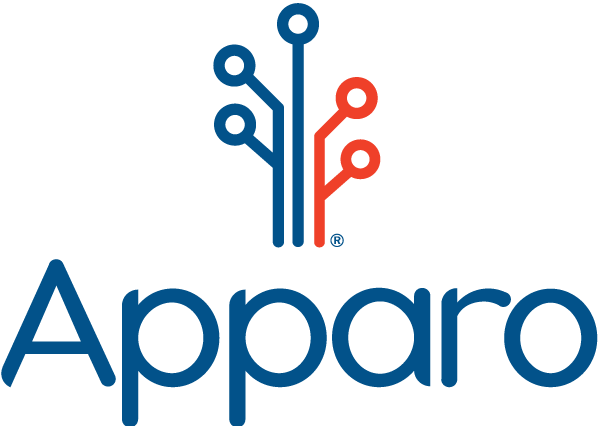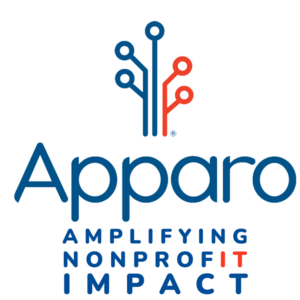Ronald McDonald House of Charlotte turned to Apparo because they wanted to improve their use of technology so that they could work more effectively and efficiently towards fulfilling their mission.
Ronald McDonald House of Charlotte (RMHC) provides a safe, affordable and caring “home-away-from-home” for the families of children receiving treatment in Charlotte-area medical facilities. By offering families a haven less than one mile from partner hospitals, RMHC increases their ability to spend more time with their child, interact with their clinical care team and participate in critical medical decisions.

Apparo matched RMHC to a AAA Carolinas volunteer team to conduct a technology assessment of their current infrastructure, operations and technology policies. Based on this assessment, the volunteer team delivered a technology report and prioritized roadmap to address needed hardware, software, security and policy changes and a budget for the recommended changes. See PDF of Project Snapshot.
At the time of project wrap up in 2019, Glenn Edwards, RMHC, IT Task Force Chair shared his perspective on the impact of this project, “In order to successfully operate a 35,000 square foot home-away-from-home for our families, the Ronald McDonald House of Charlotte needed to update several processes. Working with the team from Apparo and AAA Carolinas was truly eye-opening and helped us to identify technological solutions to better serve the hundreds of families that stay at the House each year. These solutions range from a more efficient family check-in process to platforms that will enable us to better meet our mission and communicate with our families. We look forward to a continued relationship with these outstanding partners.”
Project volunteer, Kate Goldberger, AAA Carolinas IT Systems Admin, explained how much she enjoyed her experience, “It was so rewarding to be able to leverage the skills I use everyday to make such an impact for an organization that is close to my heart. RMHC is ‘the house that love built’ and I feel so honored to have been able to help them plan for a long future of furthering that love.”
Recently, we checked in with RMHC to learn about the impact of this project, one year later.
We spoke with Meg Meaher (Finance Manager), Buck Snyder (Director of Hospitality Services) and Denise Cubbedge (CEO) to learn how implementing recommendations from the plan provided by AAA Carolinas has impacted their organization. See PDF of Impact Update Snapshot.

Meg reflects on the initial needs that brought them to Apparo. “We knew we were light-years behind where we needed to be with technology. We were using a hodgepodge of different technologies, which didn’t all work together well and were not helping us save time. As we came upon on our 8th year of the House, we knew we needed to look at our tech as a whole and make changes to improve how the House functions.”
The new guest data information system drives operational efficiencies, improves guest experience and safety and is anticipated to help drive increased fundraising.
Meg shares the past problems with their guest data system, “Before, we used three different spreadsheets to keep track of our families and re-entered data into each one. It was extremely hard to stay up-to-date and avoid manual data entry errors. Also, there was no one go-to place where you could see who was in the House.”
Buck adds, “We needed to get away from using pencil and paper for families signing out because it was unreliable. When you are using pencil and paper, that’s a telltale sign that you are too far behind. We were using a board with tickets on hooks to show who was in a room. We knew there was something bigger and better for us.”
Meg explains the benefits of their new system, “Now, with Family Registry and our new iPad check-in process we anticipate saving 8 hours a week on data entry when we are back at full capacity. We have also streamlined and improved the processes around:
- Knowing who is in the house and how to get in touch with them in case of emergency
- Recognizing each family member and making them feel more at home, because we have more accurate photos
- Providing accurate estimates of wait times for rooms for new families
- Collecting data needed for fundraising purposes.”
Transitioning to working in the cloud creates powerful operational efficiencies and is especially important for those working remotely due to the pandemic.
Buck explains a significant time savings, “I have 14 staff members who report to me and I was meeting with them individually, now we connect as a team with Teams. It feels good knowing that everyone is receiving the same information and it’s much better than a phone call. Also, if there is a problem in the House over the weekend, a staff member can use Teams to contact me and show me the problem and then, how they have solved it. In the past, I would have driven to the House to address the problem. I’m saving at least 2 hours a week and when there is a problem, we can solve it much quicker.“
Upgrading to new versions of fundraising software is also anticipated to help bolster donations.
Denise explains that these upgrades “have helped tremendously from a donor perspective. The old versions were very cumbersome. Now, the reporting features and dashboards give us better access to information and trends, which enables us to make better decisions on our fundraising strategy.”
Freed time and access to better data allows RMHC leadership to focus on increasing the impact of their organization on the community.
Denise shares, “We can now focus on moving forward as an organization. We are better at investing our human resources and have more bandwidth to take on new initiatives. We are now able to explore expanding some of our programs, services and outreach in the community. Having good data also helps us assess needs and feasibility of executing these new initiatives.”
In summary, RMHC leaders share their perspective on the overall significance of this Community Impact Project.
Denise: “Our Board identified technology as one of three major priorities. As a nonprofit, we did not have the internal expertise to do a thorough review of all of our systems and build a comprehensive plan. Now, we have a great plan that is going to make a huge impact once we are at full capacity again. The plan has made it easy for us to see what we need to prioritize, where we need to invest and how to be better stewards of time. It’s a great roadmap and a plan with at least two years worth of traction. We have a committee focused on this plan and still have weekly calls to focus on moving forward. It’s not a plan that got put on a shelf.”
Meg: “One of the things that’s been so good is that there is enough flexibility with this plan that when COVID hit, we were able to shift things around to make it work for the new priorities this situation. We didn’t have to come up with new ideas when our whole world was in chaos. We had a blueprint.”
Buck: “You have helped us understand our options and how to perform at the optimal level.”


